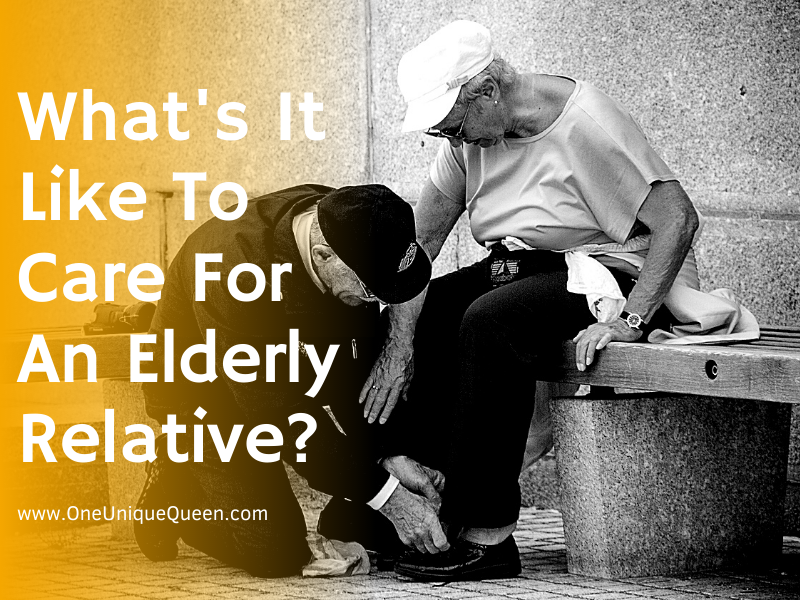


Caring for an elderly relative is something that many people experience throughout their lives. It can be very challenging to take on this role in adulthood, particularly if you have a family of your own to take care of, a job, a home, and a million other responsibilities to deal with too!
Despite the challenges, our parents or elderly relatives become more vulnerable as they age, and it is our duty to take care of them, as they did of us when we were younger.

Many people go into this role unprepared, simply because they haven’t considered some of the changes that will occur in their own lives. In this blog we will break down how your life might change when caring for an elderly relative, and some of the more rewarding moments too!
Your Schedule
If you have a very busy schedule, this could all need to change when you become a carer for someone elderly. If a person needs a carer like yourself, it generally means that they are somewhat incapable of doing daily tasks, such as food shopping, cleaning their home, cooking, or getting themselves to doctors’ appointments.
For that reason, you will need to sacrifice some of your schedule to take on this role. This could mean reducing your working hours, taking on help for childcare, or quitting some hobbies or other activities that took up a lot of time.
Your emotional wellbeing
Your emotional life is bound to take on a new level of tenderness at this time. Caring for a vulnerable older person can take its toll on you mentally and emotionally, because, simply put, it is really hard to see someone you love become weaker as they age.
While this is only nature taking its course, it can still be a difficult adjustment to make when you are faced with reality.
To take care of your own mental wellbeing, it might be beneficial to visit with a therapist while you are undertaking this new role. This might assist you in processing all the emotions, both positive and negative, that you experience while caring for your relative.
Additional organizational responsibilities
Caring for an elderly relative will test your organizational capabilities, as well as your physical and emotional ones. Here are just a few of the responsibilities and organizational tasks you’ll need to take on when caring for an elderly relative.
- Booking, and attending, medical appointments with your relative. Particularly if they have cognitive or physical difficulties, helping them to organize and attend the essentials is important.
- Helping them take medications and handle other medical things like hearing aids. If a person needs to take daily medication, it is crucial to make sure they don’t forget to do this. You will have the responsibility of ensuring this happens, so your relative can stay as healthy and strong as possible.
- Deciding any logistical changes in the person’s life. This could be moving them into different, more accessible accommodation, for example.
Final Thoughts
If you are stepping into a new role as an elderly carer for someone in your family, use this blog as a guide to help you adjust.
What experience do you have for taking care of your elderly relatives? Let me know in the comments below!











COMMENTS MAKE ME HAPPY!